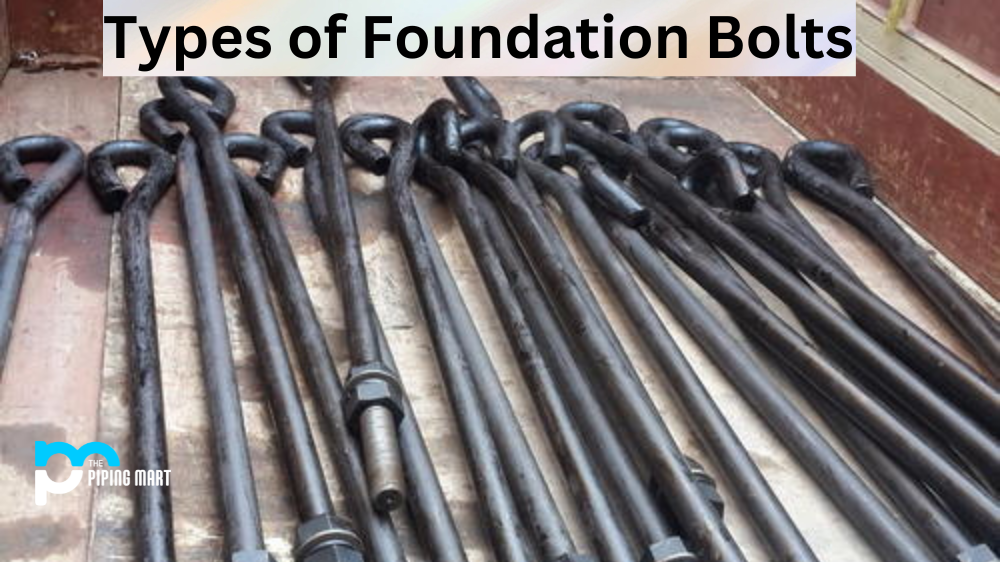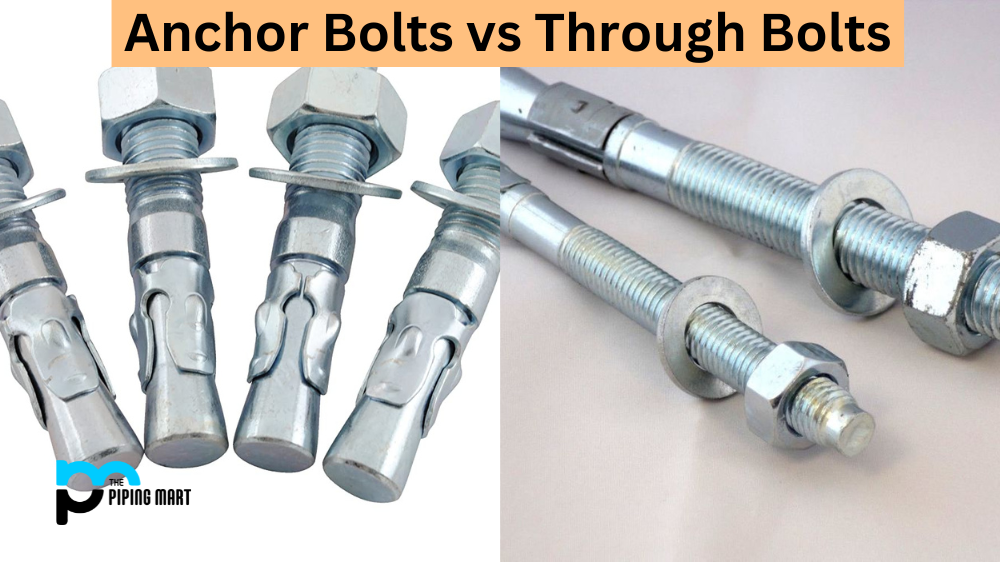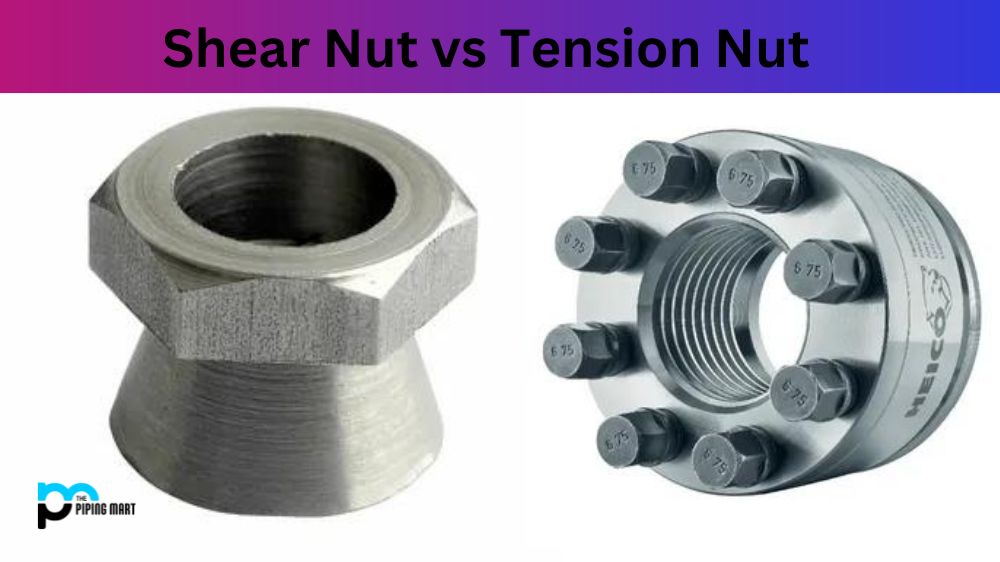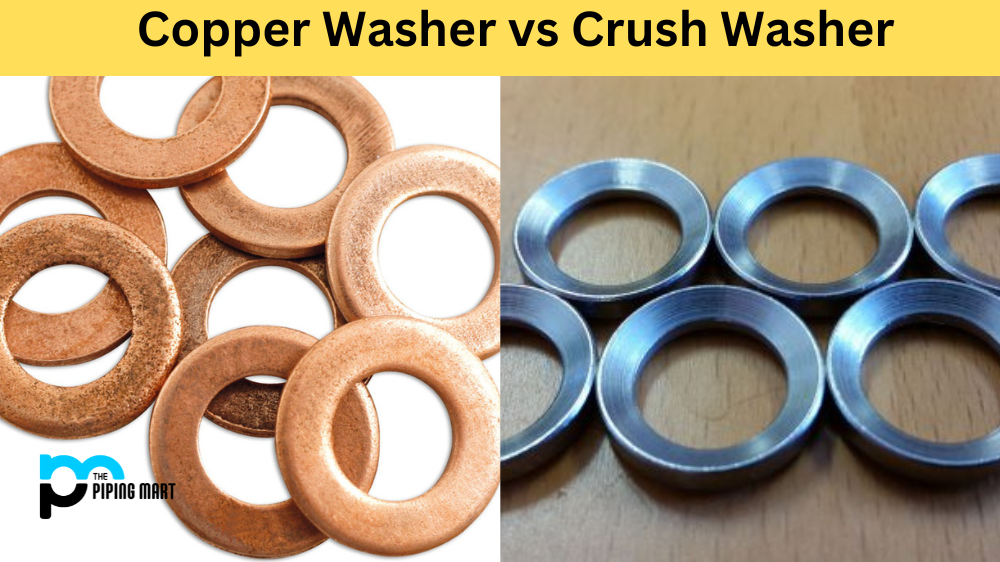Foundation bolts are one of the most important elements in any construction project. They provide a secure anchor point for objects like buildings or machinery, ensuring that they remain in place no matter what. But not all foundation bolts are created equal. There are several different types of foundation bolts available, each with its own unique advantages and disadvantages. Let’s take a look at some of the most common types and see how they stack up against each other!
Types of Foundation Bolt
Chemical Anchor Bolt
Chemical anchor bolts, also known as chemical expansion anchors, are one of the most popular types of foundation bolts on the market today. They can be used in a variety of materials, including concrete, stone, brick, and mortar. These bolts are inserted into pre-drilled holes in the foundation material before being expanded using an epoxy resin that is injected into the hole around the bolt. The resin hardens quickly and expands to fill any gaps between the bolt and surrounding material, forming a secure bond. Chemical anchor bolts are ideal for projects where vibration or shock loading may occur due to their exceptional strength and shock absorption properties.
Eye Foundation Bolt
Eye foundation bolts are versatile and one of the most convenient ways to secure objects or constructions in place. These bolts are specifically designed to create a connection between two spaces that have different surfaces, often made of wood, metal, concrete, and other materials. The eye foundation bolt snugly fits into holes without having to use nuts or additional components. In addition, they are lighter than many other types of fixings, making them easier to carry and install. As an added benefit, eye foundation bolts can be used outdoors in exposed environments since they resist rust and corrosion caused by wet conditions or particularly aggressive climates. All in all, eye foundation bolts make for an effective solution for many projects where strength and stability are primary concerns.
Tension Control Bolt
Tension control bolts (TCBs) are another type of foundation bolt that offers superior strength and durability compared to traditional methods like lag screws or other fasteners. TCBs use tensioning technology to create a secure bond between two surfaces, even if there is movement or vibration present in the structure. In addition to providing excellent holding power, TCBs have been proven to withstand extreme levels of stress without breaking or becoming loose over time. This makes them perfect for applications such as bridges or earthquake-prone areas where vibration is likely to occur regularly.
Threaded Rod
Threaded rods are yet another type of foundation bolt that has become increasingly popular due to their versatility and ease of installation. Unlike most other types of foundation bolts, threaded rods can be easily adjusted when necessary by simply tightening or loosening them depending on how much tension is needed at any given time. This makes them ideal for use in applications where frequent adjustments need to be made, such as manufacturing facilities or warehouses where heavy equipment needs to be moved around frequently but still remain securely attached at all times.
Conclusion:
No matter what type of foundation bolt you choose for your project, it’s important that you select one that will perform well under varying conditions, such as vibration or shock loading, while still providing maximum durability and longevity over time. Chemical anchor bolts, tension control bolts, and threaded rods offer various strengths, so make sure you consider all your options carefully before deciding which one is right for your application! With this comprehensive guide about different types of foundation bolts, you now have all the information you need to make an informed decision about what type will work best for your project!

A passionate metal industry expert and blogger. With over 5 years of experience in the field, Palak brings a wealth of knowledge and insight to her writing. Whether discussing the latest trends in the metal industry or sharing tips, she is dedicated to helping others succeed in the metal industry.




